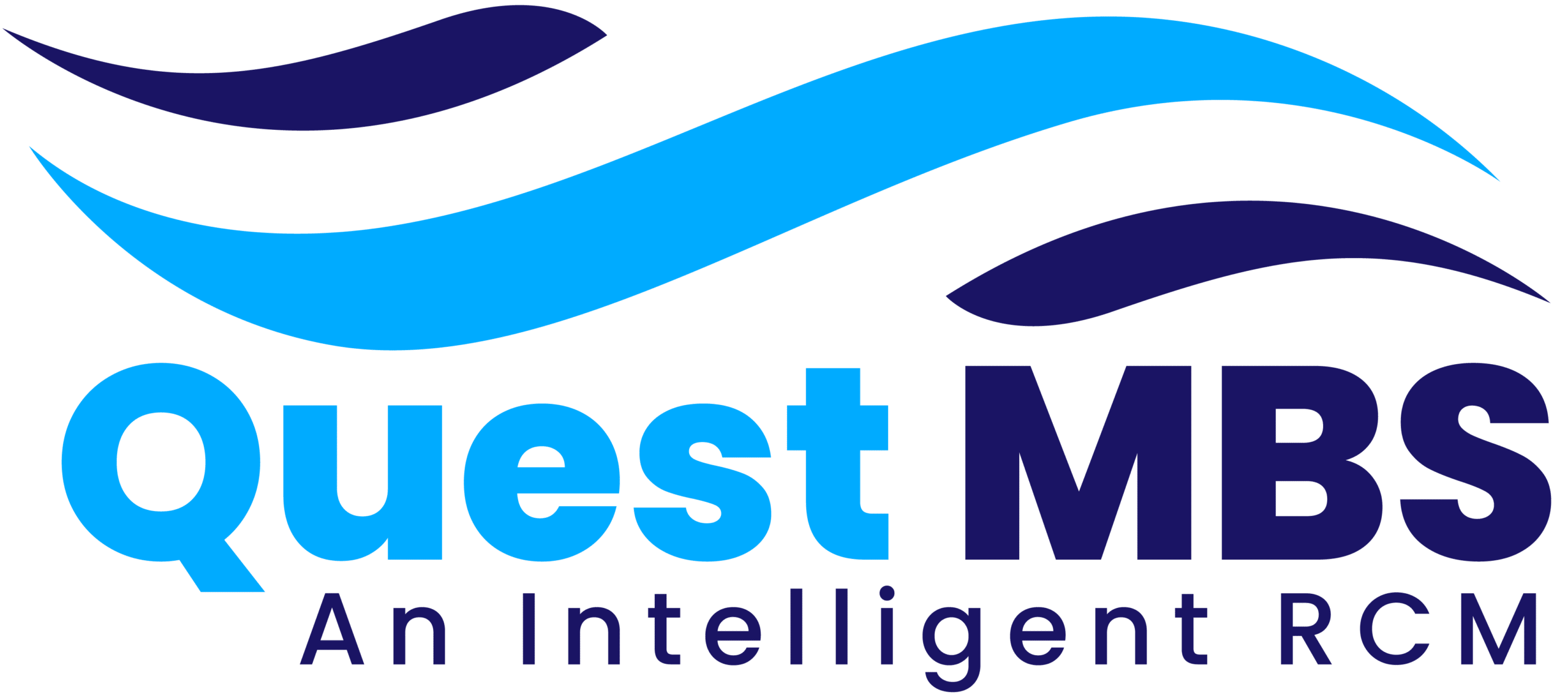Medical insurance claims are at the heart of revenue cycle management in healthcare. While essential for reimbursement, the claims process can be time-consuming, error-prone, and financially draining if not handled correctly.
Healthcare providers, billing teams, and medical practices often struggle with payer rules, coding accuracy, and documentation standards. However, with the right technology, strategy, and tools, these challenges can be managed to ensure timely and accurate reimbursements.
Challenge 1: Incomplete or Inaccurate Patient Data
One of the most common causes of claim denials is missing or incorrect patient information. Errors in names, insurance ID numbers, dates of birth, or provider details can lead to immediate rejections.
Solution: Implement Eligibility Verification Tools
Modern billing platforms offer real-time eligibility verification features that instantly validate a patient’s insurance information. This reduces front-end errors, streamlines claim creation, and prevents costly rework.
Challenge 2: Confusion Over Payer-Specific Requirements
Every insurance payer has unique claim submission rules, including codes, modifiers, documentation needs, and deadlines. Staying updated across multiple payers is overwhelming for billing staff.
Solution: Use a Smart Rules Engine
Intelligent billing systems with payer-specific rules engines flag errors before submission. This improves compliance, reduces denials, and boosts clean claim rates.
Challenge 3: Coding Errors and Lack of Documentation
Incorrect CPT, ICD-10, or HCPCS codes—and missing documentation—cause claim rejections and even audits. This risk is higher in specialties with complex services.
Solution: Adopt Automated Coding Software
Automated coding platforms ensure the right codes are selected based on provider documentation. They enhance compliance, reduce human error, and improve reimbursement timelines.
Challenge 4: Claim Denials and Rejections
Denials delay payments and increase administrative costs. Without proper denial management, practices risk significant financial loss.
Solution: Invest in Denial Management and Analytics Tools
Modern denial management tools categorize denials by payer and reason. Predictive analytics can also flag high-risk claims before submission, preventing denials altogether.
Challenge 5: Manual and Delayed Claims Submission
Manual or outdated claim submissions slow down reimbursements and risk missing payer deadlines.
Solution: Automate the Claim Submission Process
Cloud-based billing systems enable real-time electronic claim submission, batch processing, and scrubbing—leading to faster, more accurate payments.
Challenge 6: Inadequate Charge Capture
Missed charges during patient encounters—especially in telehealth—lead to lost revenue.
Solution: Use Mobile Charge Capture Technology
Providers can record billable services instantly through mobile charge capture tools. These sync with EHRs and billing systems, ensuring nothing is missed.
Challenge 7: Poor Integration Between Billing and EHR Systems
Disconnected systems cause duplication errors, delays, and compliance risks.
Solution: Choose an Integrated EHR and Billing Platform
An integrated system improves documentation flow, coding accuracy, and speeds up the medical insurance claims process.
Challenge 8: Patient Billing Confusion and Payment Delays
Patients often struggle with understanding deductibles, co-pays, and out-of-pocket costs, leading to delayed payments.
Solution: Use Patient Payment Estimators and Online Portals
Transparent billing and digital payment options improve trust, patient satisfaction, and payment timelines.
Challenge 9: Insurance Reimbursements Falling Short
Even approved claims may result in reduced reimbursements due to policy changes or bundling.
Solution: Monitor Reimbursements with Analytics Dashboards
Analytics tools track underpayments, contracted rates, and payer performance—helping practices recover owed revenue.
Challenge 10: Staying Compliant with Healthcare Regulations
Medical billing must comply with HIPAA, CMS guidelines, and the No Surprises Act. Non-compliance risks penalties and audits.
Solution: Rely on Compliance-Focused Billing Tools
Compliance-driven platforms ensure coding accuracy, monitor documentation, and train staff to stay audit-ready.
Conclusion
The world of medical insurance claims is complex, but with modern technology and proactive strategies, practices can overcome common challenges. By leveraging tools like eligibility verification, automated coding, denial management, and integrated billing platforms, healthcare providers can secure timely reimbursements, reduce denials, and improve financial performance.







